Seniors who are residing in assisted living facilities or nursing homes may be susceptible to various forms of neglect and abuse by the hands of their healthcare providers. However, one form of nursing home neglect that is commonly seen by many personal injury lawyers in Georgia is that of financial exploitation, also known as using property or monies belonging to a resident or senior citizen. This money is often used for illegal or fraudulent reasons, and it may result in a financial loss for not only the victim but for his or her relatives and heirs as well.
If you believe that you or someone you love has been financially exploited by an assisted living facility, consider taking legal action as soon as you suspect that this type of abuse is happening. Reporting the exploitation to government agencies and local law enforcement is an important step as it can provide you with documentation to support your case, but you may also consider seeking legal counsel from a Georgia nursing home abuse attorney to recover the lost money and hold the appropriate parties liable for their actions.
What Is Financial Exploitation of the Elderly?
Nursing home administrators or caregivers may financially exploit the facility’s residents by:
- Stealing a resident’s identity or opening a credit card in the resident’s name
- Deceiving an elderly resident into signing a financial statement, contract, will, or assigning himself or herself as power of attorney
- Stealing money such as cash or checks from Social Security that legally belong to the resident
- Forging a patient’s signature
- Cashing a nursing resident’s personal or social security checks but not having his or her permission to do so
- Manipulating a nursing home resident by deception or intimidation into signing over his or her property or money
- Taking money or property from residents who may be incapacitated or unable to give their consent
Financial exploitation can happen one time or can be ongoing. In certain instances, senior citizens who are being financially exploited may not know that an individual is taking their money or property. In other cases, residents of nursing homes know what is happening but are often threatened or manipulated into surrendering their possessions or money.
Family members should watch for changes in the behaviors or moods of their loved ones and take note of any unexplained financial transactions that have seemingly been made by the patient. Furthermore, if a family member cannot adequately handle his or her own finances, it may be in his or her best interest to allow a family member to do so on their behalf by obtaining the resident’s permission to act as power of attorney. In this way, a trusted family member can handle the loved one’s finances instead of leaving the management of the money to the patient or to the nursing facility. If family members notice that transactions are not accounted for or that their loved ones are not behaving normally, it is vital to investigate the situation to determine whether the elderly patient has become a victim of financial exploitation.
Obtaining Legal Representation From a Georgia Nursing Home Abuse Attorney
It is illegal to financially exploit anyone, including a nursing home resident. These unfortunate occurrences can often cost a nursing home resident valuable assets as well as retirement money or life savings. If you or someone you love has fallen victim to financial exploitation, consider taking legal action as soon as possible. Should you hesitate to investigate the situation and attempt to recover your losses from those responsible, there is a greater chance that your money will be lost forever.
The dedicated nursing home abuse attorneys at Van Sant Law, have been handling difficult financial abuse cases throughout Georgia for many years. We understand the devastating impact that financial exploitation may have not only on the victims but on their family members as well. To receive a free consultation and for more information about how we may be able to help you and your family, please fill out the form below or call us today at (800) 234-9556.





.2410171551550.png)
